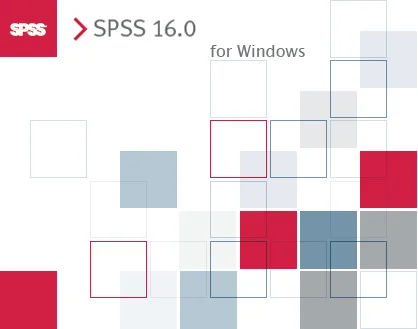HR in 2016: Top Industry Insights from SHRM, Bersin and SIOP
/One increasingly common trend is, well, trend reports. Professional organizations, research firms and consultancies frequently publish what they see as the latest developments or top predictions for the future. Depending on the source, these trend reports can be thought-provoking and insightful.
At the very least, I find it interesting to see what various leaders see on the horizon.
Recently, three
Read More

















